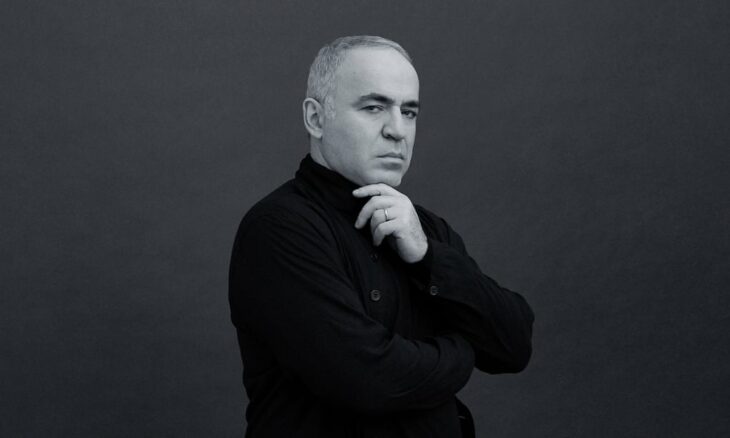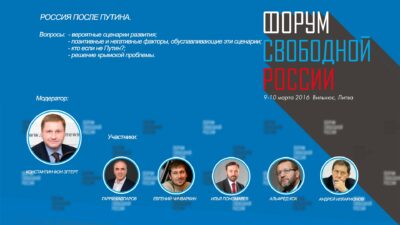
The chess grandmaster on speaking out against Vladimir Putin and why he cannot choose the best player ever
Ihaven’t stopped my fight against the regime,” says Garry Kasparov, his words bristling with defiance and quiet rage. “I’m not lowering my voice. Putin is not just a Russian imperialist. He has a much bigger agenda. He is an existential threat to the free world.”
It would have been easy for the greatest chess player in history to stay quiet after fleeing Russia in 2013 amid a crackdown on prominent opposition figures. Kasparov, after all, is a successful businessman, an expert on artificial intelligence and cyber security, and has just launched a new website, Kasparovchess.com. But that has never been his style. Not now. Not ever.
“In the west there is a lot of self‑deception, multiplied by business interests and apathy, about Putin’s true intentions,” he warns. “No one wants confrontation. But people need to recognise that Russia is a fascist dictatorship, which has no restrictions when it comes to destroying political opponents – in and outside – of Russia.”
Kasparov has experienced the cost of opposing Putin. He was jailed in 2007 for five days and then bruised, quite literally, when beaten by police during a peaceful protest in 2012. Those days in Russian politics, he says, made him miss his time at chess, where at least there were clear rules.
Will he ever go back? “Boris Nemtsov came back,” he replies. “Alexei Navalny came back. What’s the point of becoming a martyr? I can do much more by staying here.” Things have got so bad in Russia, Kasparov says, that he is unsure whether he would prefer to live under Putin or Soviet communism in the 1970s and early 80s.
“That’s a tough question. Twenty years ago, I’d say definitely things were better. Even 10 years ago I would not hesitate. Today I don’t know. It depends on the angle of the observation. But the fact is I have to live outside Russia. And the regime is more aggressive and more dangerous than the Soviet politburo. Yet at the same time there’s also a chance, because young people know how different life is outside of Russia.”
The west’s response to Putin, Kasparov says, must start with recognising the threat – and then standing up to the regime by imposing far greater sanctions on the oligarchs that support him. “Putin’s interest, if we use a chess analogy, is to make sure that the game is not played by any rules, unless he chooses them. He wants to ruin the world that was built after the second world war, one that was based on compromise, consensus, and respect for treaties. The international community has to face up to that.”
Kasparov is also squaring up for battle on a second front as he attempts to capitalise on the extraordinary chess boom of the past year by launching Kasparovchess.com. It promises chess lessons from the world’s best players, designed for every ability, a strong community, and the opportunity to face Kasparov.
The website is backed by the French multinational Vivendi, but Kasparov knows the competition will be intense. The world’s biggest chess site, Chess.com, has more than 30 million members, while the Play Magnus Group, owned by the world champion Magnus Carlsen, attracted £40m of investment when it launched on the Norwegian stock exchange last year.
“Magnus has the world title and resources, and that gives him a tremendous edge. However when it comes to content, I think we will be superior. We will be offering even more, at a much lower price. And although I’m no longer a formidable force in chess, I know how to promote and sell the game, and to get people excited.”
While they might be rivals in business, it is obvious Kasparov has immense respect for Carlsen, who has been the world No 1 since 2011, and world champion since 2013. The pair worked together, briefly, when the Norwegian was a teenager and Kasparov still follows his games closely.
“Magnus is still very passionate about the game. And he has this motivation, like Bobby Fischer, to win and to fight – and also an ability to use every resource like Anatoly Karpov. It’s a deadly combination.”
Kasparov won’t be drawn on who is the best ever. “It always has an element of subjectivity,” he says. “It’s like arguing who was the best football player: Pelé, Maradona, or Messi? But Magnus has already clearly had a phenomenal career. More than that, he has helped make chess mainstream.”




